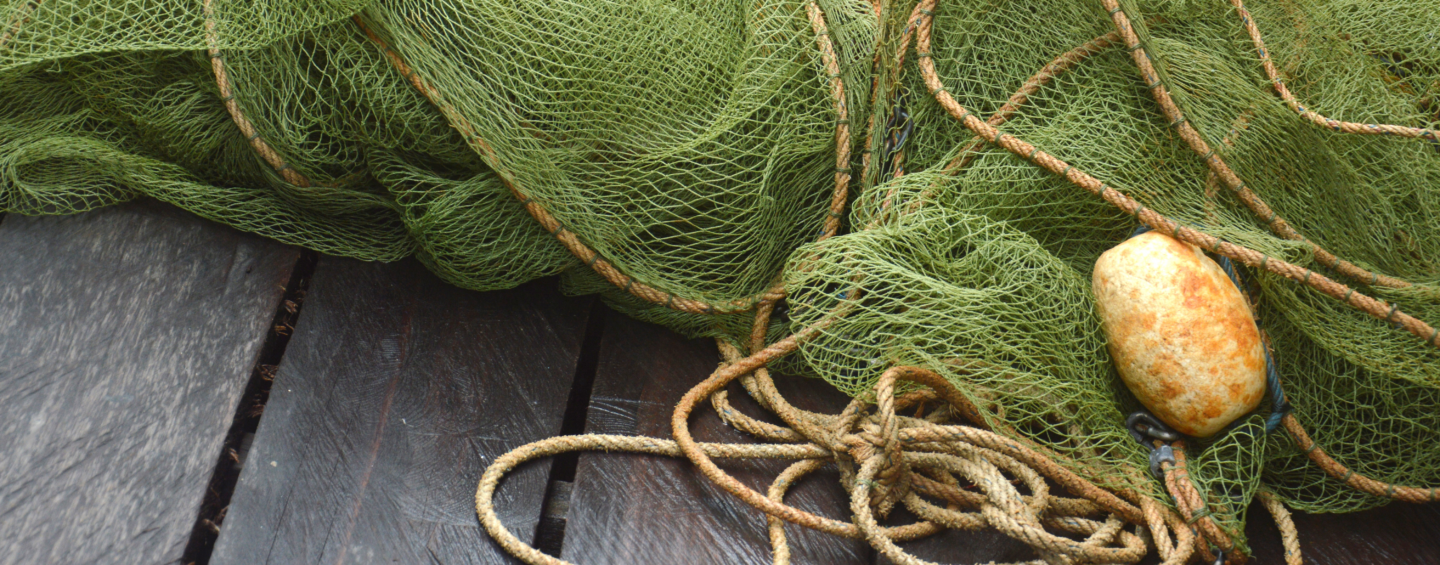SFP has over 13 years of experience implementing fishery improvement projects (FIPs) on the ground and working with the supply chain to push for improvements. We have identified key elements for setting up and implementing FIPs and used a variety of tools and strategies to deliver improvements in fishery management policies and fishing practices. We have also developed systems to measure FIPs that give a snapshot of progress and allow comparisons between projects. This tremendous base of knowledge and information is ripe for analysis and could provide the starting point for answering the question: “What’s the secret of a successful FIP?”
To try to unlock the secrets of an effective FIP, SFP has teamed up with researchers from the Global Economics Dynamic and the Biosphere (GEDB) program supported by the Royal Swedish Academy of Sciences and Stockholm University. The GEDB researchers are experts in analyzing actors and strategies that lead to a more sustainable behavior, in this case improved use of marine resources.
They are particularly concerned with how specific political and cultural contexts, as well as ecological features of the fisheries, shape outputs in FIPs. SFP is collaborating with GEDB researchers to develop a comprehensive database covering key elements of FIP structure, tools and strategies, and progress measurement. The researchers will help us create a solid database that can be analyzed to reveal the linkages between actions and outcomes as well as studying other correlations.
Increasingly, researchers and journalists are scrutinizing FIPs to see if they can really deliver the benefits that are claimed for them and to figure out how they can be improved. This kind of attention is very welcome and will lead to better and more effective projects, but we need a solid data set to work with. The collaboration between SFP and GEDB is aiming to produce a comprehensive public database that will meet this need for hard facts and allow any FIP researcher to ask tough questions and identify convincing answers. Ultimately, our goal is to increase the numbers of FIPs worldwide and to continue documenting best practices for ensuring that projects result in sustainable fisheries.
Please contact Brad Spear if you’d like more information.

